The purpose of
engineering bolts is to join two or more components or structures together in a secure and durable manner. Bolts serve several important functions in engineering and construction:
Structural Integrity: Bolts are commonly used in construction and engineering projects to provide structural integrity. They help hold together various components, such as beams, columns, and plates, ensuring that the entire structure remains stable and can withstand external forces like wind, seismic activity, or live loads.
Mechanical Fastening: Bolts are used to fasten mechanical components in machines and equipment. They provide a reliable means of connecting parts, allowing for movement or disassembly when needed. This is critical in applications such as automotive, aerospace, and machinery manufacturing.
Adjustability: Bolts allow for fine adjustments during assembly, as they can be tightened or loosened as required. This is valuable in aligning parts accurately and accommodating variations in manufacturing or construction.
Dismantling and Maintenance: Bolts can be easily removed, making them suitable for structures and equipment that may require disassembly for maintenance, repairs, or upgrades.
Security: Bolts provide a level of security in preventing unauthorized access or tampering with equipment, structures, and enclosures. They are often used in locks and security applications.
Transfer of Loads: Bolts are designed to transfer loads, either in tension or shear, from one component to another. This makes them essential for ensuring that loads are distributed safely in a structure or assembly.
Resistance to Vibration: Bolts are designed to resist loosening due to vibration or dynamic loads. They are commonly used in applications like automotive and aerospace, where vibration resistance is crucial.
Environmental Resistance: Depending on the material and coating, bolts can offer resistance to environmental factors such as corrosion, extreme temperatures, and chemicals. This is important for outdoor and industrial applications.
Electrical and Thermal Insulation: Some specialized bolts are designed for electrical insulation or thermal insulation, helping to maintain safety and prevent heat transfer or electrical conductivity in certain applications.
Aesthetic Considerations: In some cases, bolts are used for their aesthetic appeal. They may be visible in a design, and their style or finish can contribute to the overall look of a structure or product.
Temporary or Permanent Joints: Depending on the intended use, bolts can create either temporary or permanent joints. Temporary joints allow for disassembly, while permanent joints offer long-term stability.
The specific purpose of engineering bolts can vary widely based on the application and requirements of a project. Engineers and designers carefully select bolts based on factors such as the type of load, material compatibility, environmental conditions, and structural design considerations to ensure that they serve their intended purpose effectively and safely.

 中文简体
中文简体
 English
English
 Español
Español
 Deutsch
Deutsch



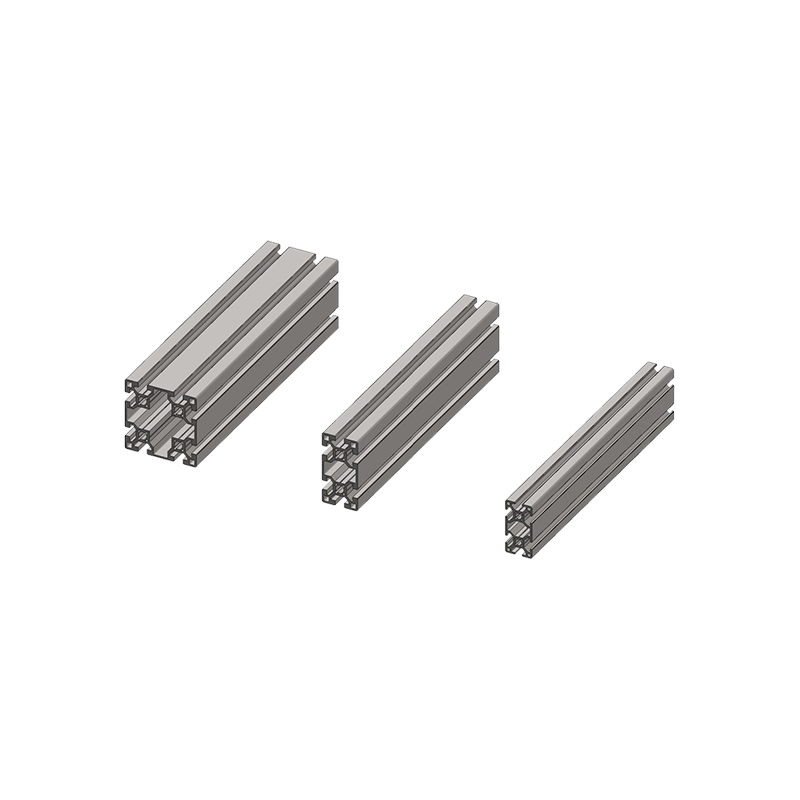
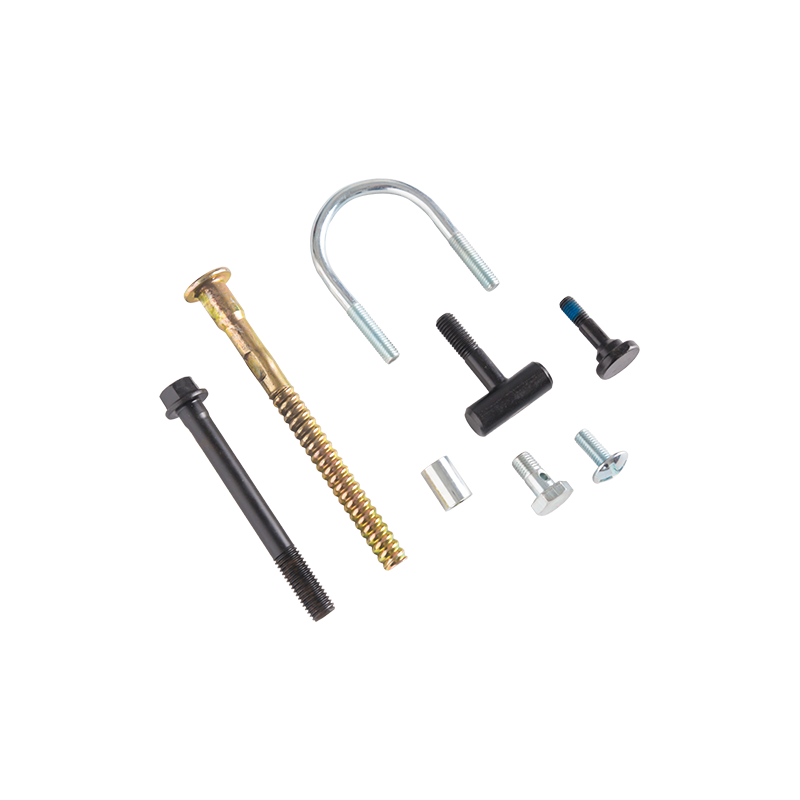
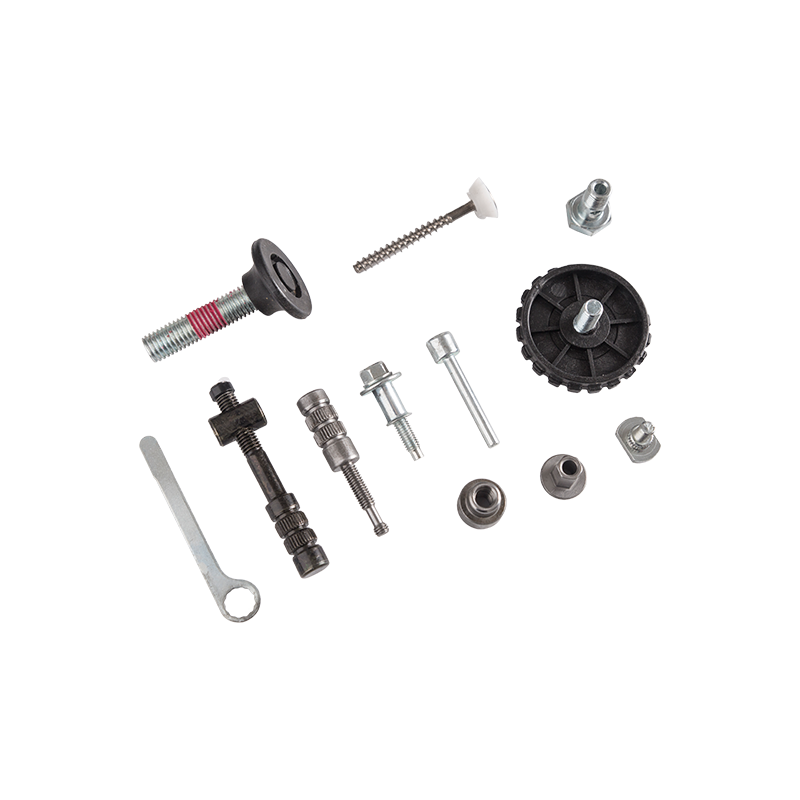


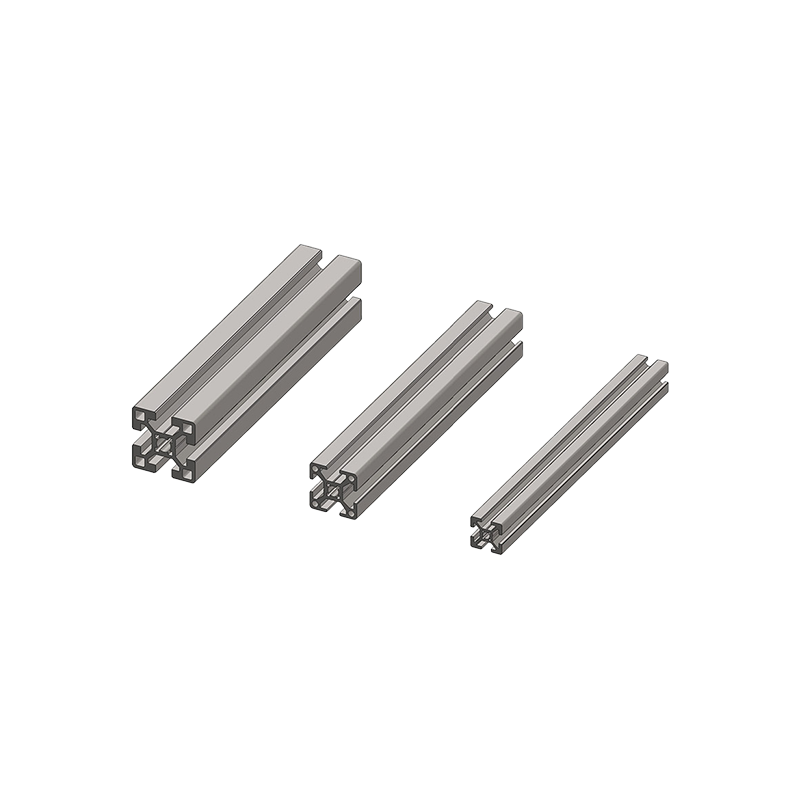
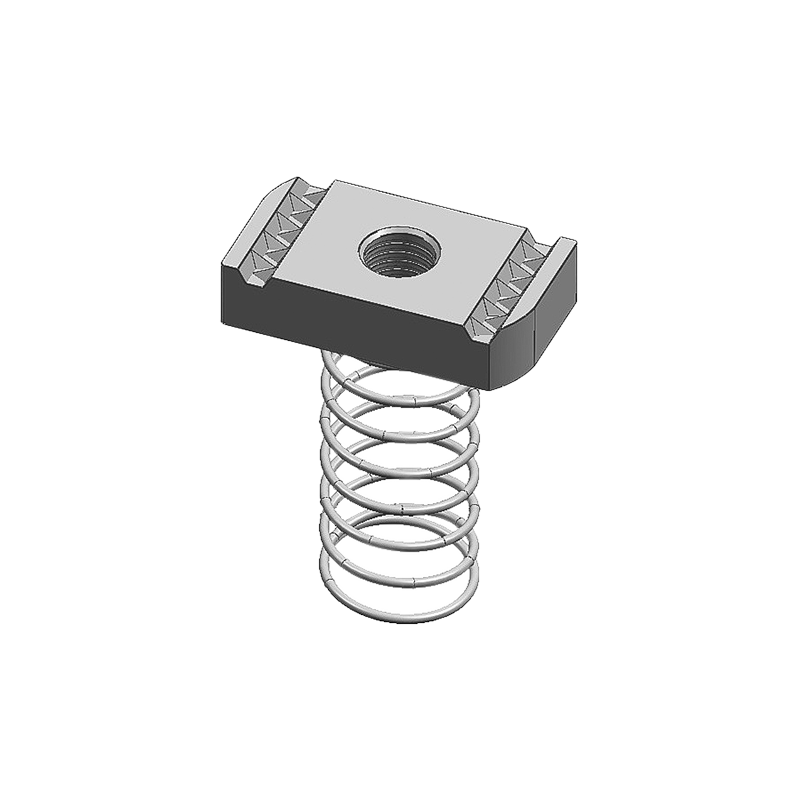
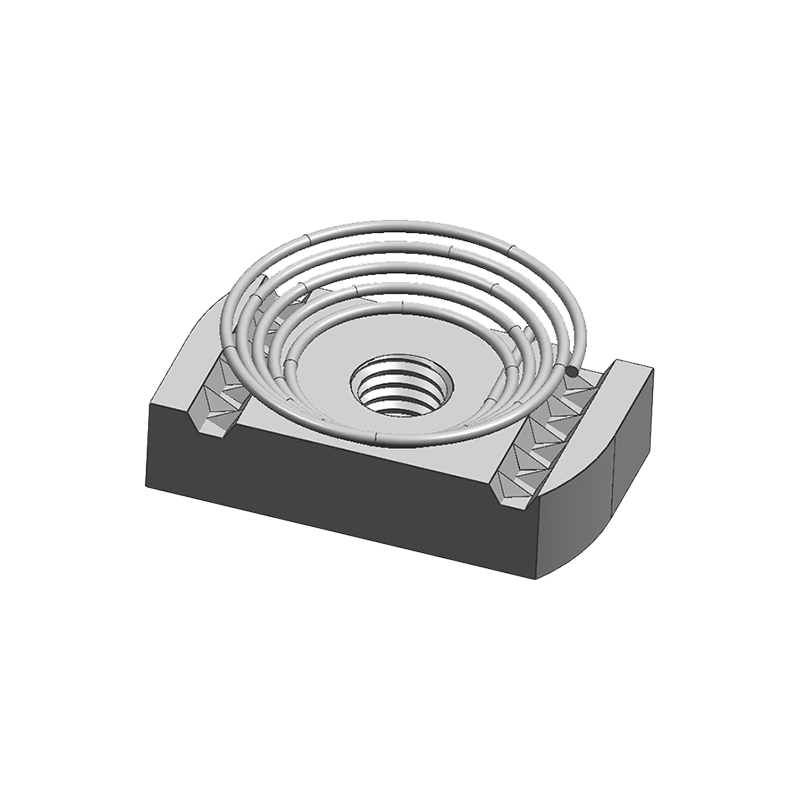
.png)
.png)
.png)





